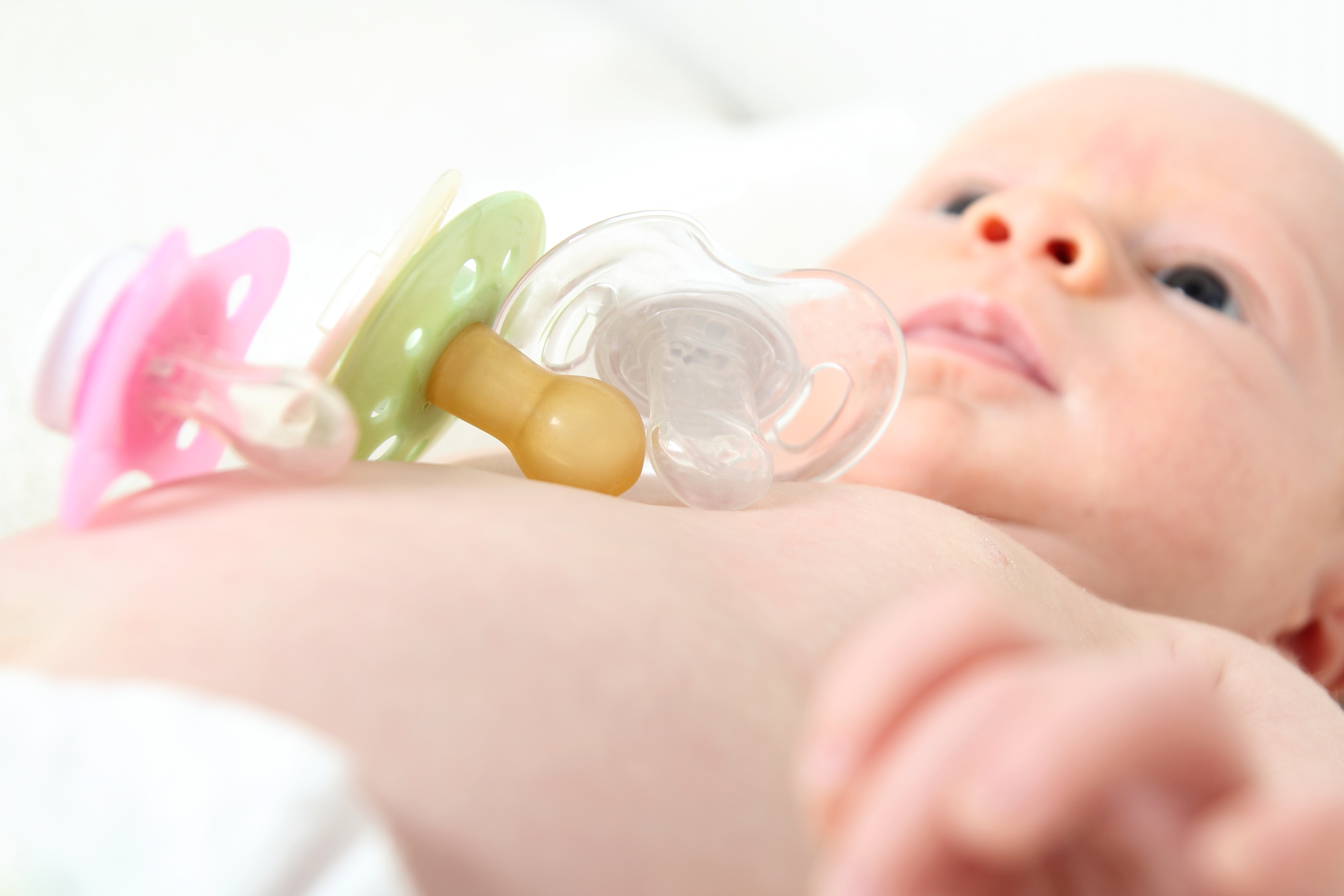
Are you having a hard time dealing with your child detected of low intelligence quotient (IQ)? While there may be several causes for it, exposure to a common chemical called phthalates found in household items could be one of the many reasons. It is time to completely wipe out this dangerous chemical from our lives.
Phthalates are everywhere, and several researches have documented their menacing health impacts which is a common chemical found in many household articles. Children exposed during pregnancy to elevated levels of phthalates have been shown to have an IQ score of 6 to 6 points lower than children who were not significantly exposed to these chemicals — so say researchers. Talking about this Dr A. Sitalakshmi, gynaecologist and infertility specialist at, Badr Al Samaa Hospital said that phthalates are a widely used industrial chemical which is found all around us and children are uniquely vulnerable to phthalate exposures.
“They are added to PVC plastic products to make them softer and are found in wires and cables, vinyl flooring, raincoats, dashboard and steering wheel of your car, plastic utensils and in so many items. Almost all perfumed products including air fresheners, insect repellents, deodorants, detergents, lipstick, and nail polish contain phthalates. Many medical devices like IV drip bags and tubes are full of phthalates. The list of materials containing phthalates is endless. Phthalates are rarely listed as ingredients on products in which they are used,” she informed.
Researchers studied 328 women and their children from New York and assessed the women’s exposure to phthalates in the third trimester of pregnancy by measuring levels of the chemicals’ metabolites in urine.
“Children were given IQ tests at age 7. And the results showed significant drop of IQ of about 6 to 7 points in children who had been subjected to greater exposure in the prenatal period. A six-or seven-point decline in IQ may have substantial impact on academic performances and the future occupational potential,” she added.
So how to keep oneself safe from phthalates?
“Avoiding phthalates completely is not practically possible,” said Dr Sitalakshmi.
Researchers recommend pregnant women to take steps to limit the exposure, which includes several precautionary measures.
Pregnant women should avoid using scented products as much as possible, which include air fresheners, and deodorants. They should also avoid having food in a plastic container or heated in a microwave. Care should be taken not to use recyclable plastics labelled as 3, 6 or 7.
Eat fresher food and fewer canned food especially those packed in plastic.
“More studies are being conducted in these areas to find out if there is really a cause effect relationship, but it would not be wise to wait for the results of the studies to come out before we take steps to limit exposure to this harmful substance,” cautioned Dr Sitalakshmi.
Get phthalates out of your diet
• Don’t put your food in or on plastic containers. While there are some plastic that is phthalates proof it is impossible to know which containers contain phthalates and which do not. Instead choose glass food storage containers or those made of stainless steel.
• Don’t heat food in a plastic container as it leaches more phthalates.
• Eat diets rich in plant foods. Fruits and vegetables have lower levels of phthalates. Also try to include organic food in your regular meals
and choose low-fat meat and dairy.
• Avoid processed foods.